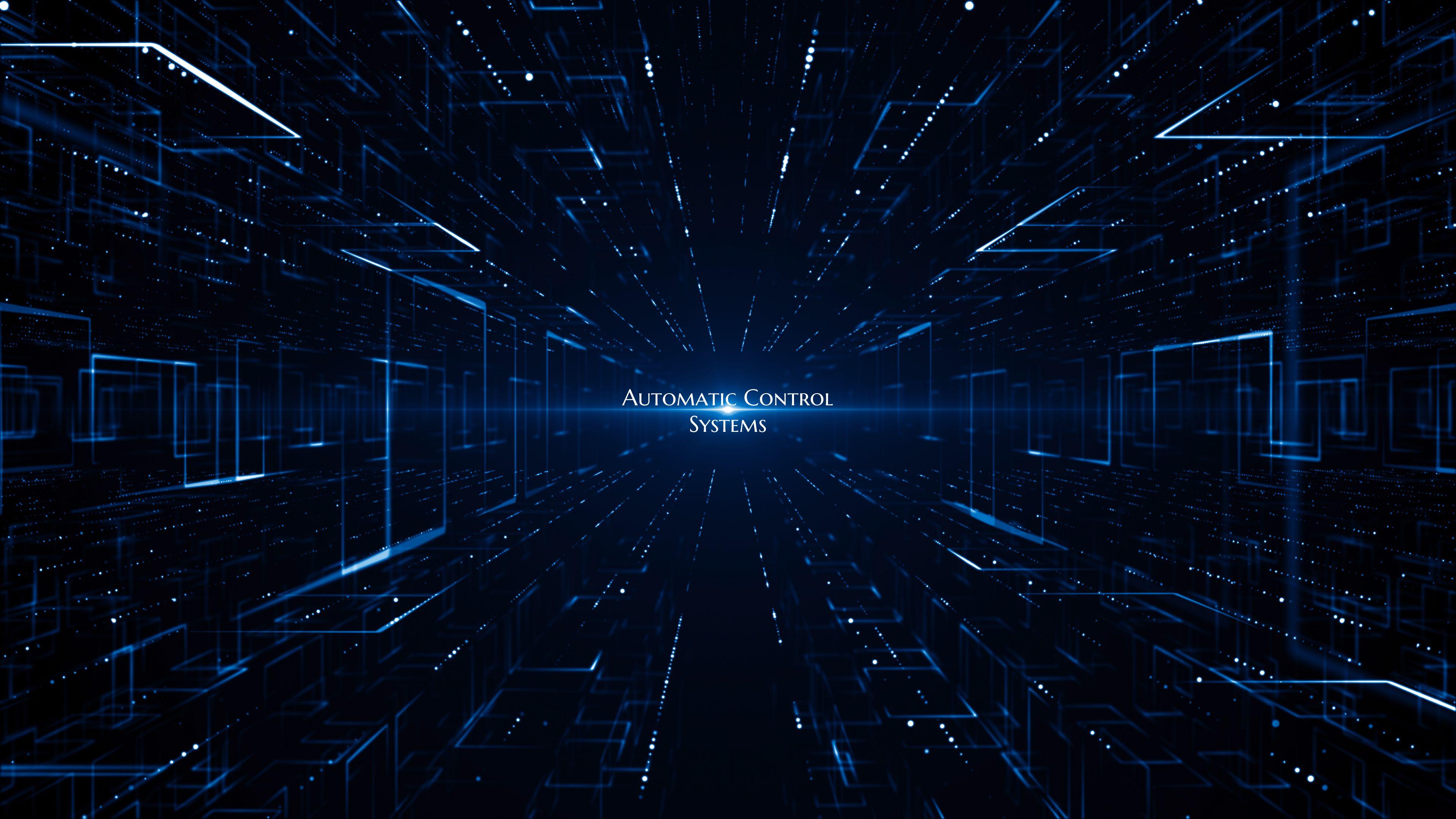Automatic Control Systems
Automatic Control Systems
Automatic control systems are integral components in numerous modern technologies, from household appliances to industrial processes and aerospace systems. These systems are designed to regulate the operation of machines and processes without direct human intervention, providing efficiency, accuracy, and reliability in various applications.
Key components of automatic control systems include sensors to measure the system's output, a controller that processes sensor data and determines the appropriate response, and actuators that adjust the system's inputs based on the controller's instructions. By continuously monitoring and adjusting the system's behavior, automatic control systems can optimize performance, enhance safety, and reduce human error.
There are different types of control systems, such as open-loop and closed-loop systems. In an open-loop system, the controller sends a fixed input to the system without considering the output, whereas a closed-loop system, also known as a feedback control system, continually compares the system output to the desired setpoint and adjusts the input accordingly.
Advancements in technology have led to the development of sophisticated automatic control systems using various techniques such as PID (Proportional-Integral-Derivative) control, fuzzy logic control, and model predictive control. These techniques enable precise control over complex processes and systems, ensuring optimal performance under varying conditions.
In industrial automation, automatic control systems play a crucial role in improving productivity, quality, and safety. They are commonly used in manufacturing processes, robotics, and power generation facilities to streamline operations and minimize human intervention. Similarly, automatic control systems are vital in transportation systems, including automotive cruise control and aircraft autopilot systems, where precise control is essential for efficiency and safety.
Overall, automatic control systems are indispensable in modern technology, providing automation, precision, and efficiency across a wide range of applications. As technology continues to advance, these systems will play an increasingly important role in optimizing processes, enhancing performance, and shaping the future of automation.

